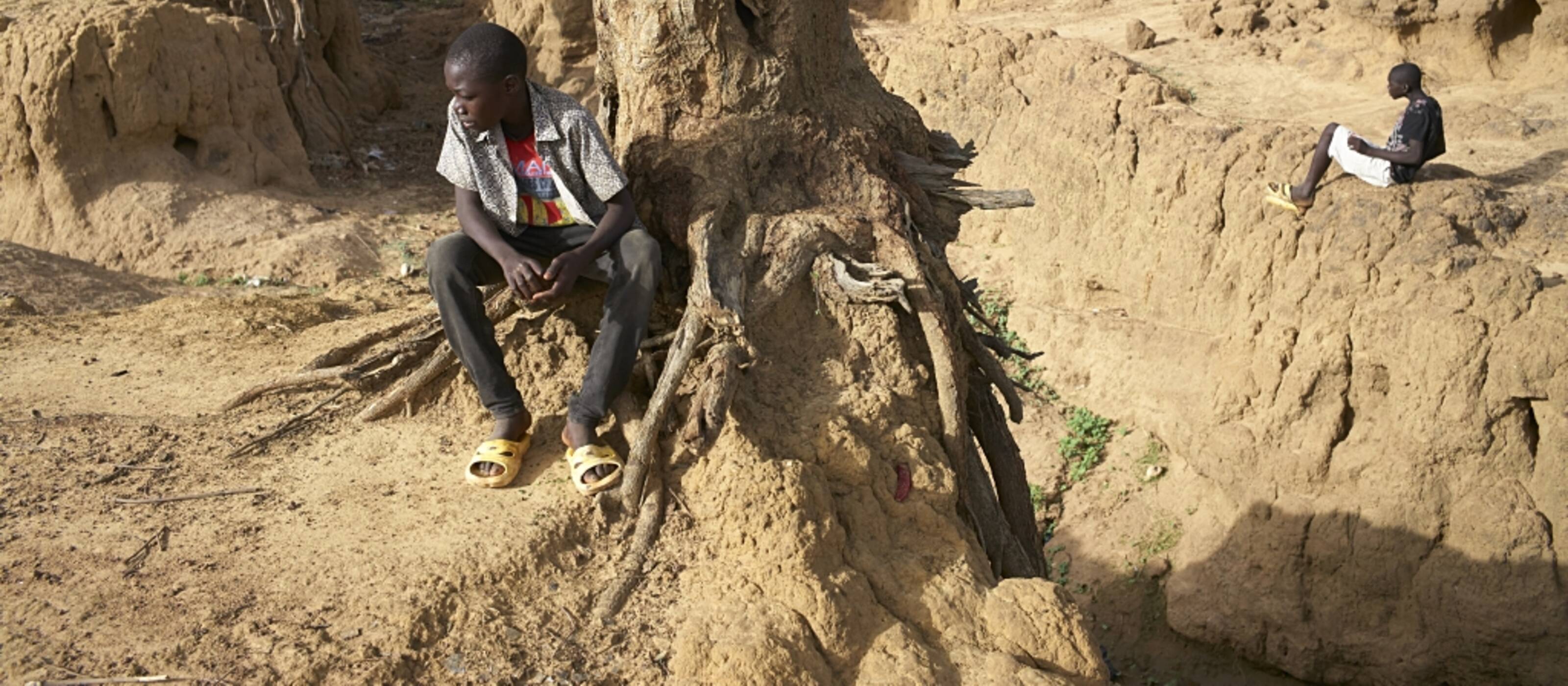

High time for action
The synthesis report of the Intergovernmental Panel on Climate Change (IPCC) published today in Interlaken clearly shows: Tangible and effective measures to tackle the climate crisis must now be implemented immediately - if possible within this decade - so that emissions of CO2 can be drastically reduced.
Caritas Switzerland is committed to climate justice, because globally, Switzerland is one of the most climate-damaging countries in terms of CO2 emissions per person. The Swiss footprint is more than twice as large as the global average of just under 6 tonnes of CO2 equivalents per person. Most countries in sub-Saharan Africa emit far less than one tonne of greenhouse gases into the atmosphere per capita and year.
The poorest people in the Global South contribute the least to global warming, but feel the consequences of climate change most acutely. They neither have the necessary means and capacities to protect themselves against the effects of the climate crisis, nor can they fall back on state social security or insurance benefits.
The IPCC synthesis report confirms the acute need for action. Caritas Switzerland demands: At home, Switzerland must drive forward the social and ecological transformation of the economy and society in such a way that it can achieve climate neutrality as early as 2040. At the same time, Switzerland must provide much greater support to poorer countries so that they can also achieve the transformation and people can adapt to the devastating consequences of warming. This includes a fair share in international climate financing with additional funds and in repairing damage in the Global South that has already been caused by climate change. But it also includes consistently channelling financial flows from banks and the Swiss National Bank (SNB) into CO2-neutral sectors. The current rescue measures in the context of the banking crisis would give the Federal Council an opportunity to demand that banks act in a climate-responsible manner and to establish clear regulation.
Further information
Header image: © Fabian Biasio